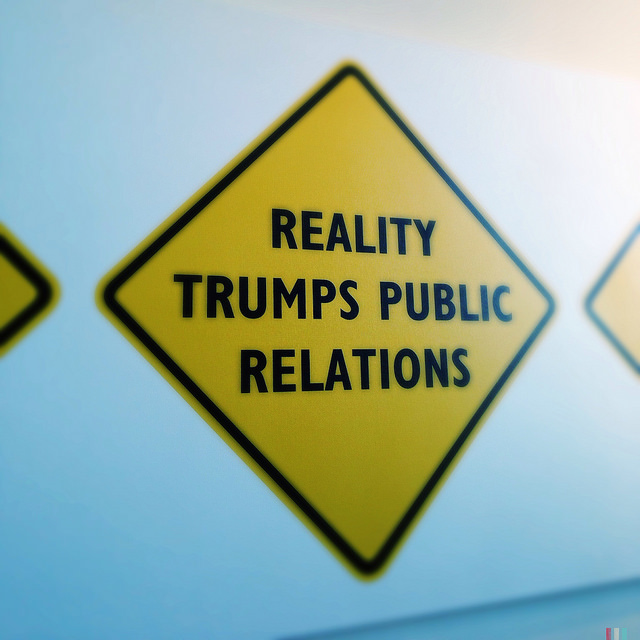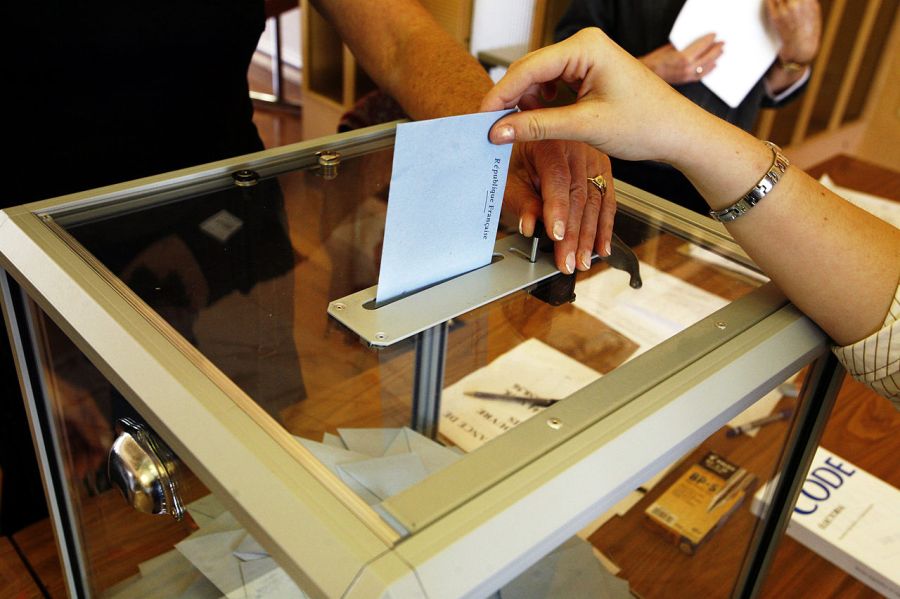
Category: Business

As your studies in PR come to a close, what aspect of Public Relations interested you the most? How do you think your career will be informed by your new knowledge of Public Relations?
The aspect that interests me most are the differences and similarities between public relations in business and government.
Business Public Relations
We learned that in business, an organization’s relationship with the public is the most important factor to an organization’s survival, even more so than profit. We learned that if an business does not have the support of the public, it will have the most difficult time operating and doing the necessary work that needs to be done. Businesses invest in public relations to improve their reputation with their publics or to avert a crisis.
In the realm of public relations, we learned of hundreds of unethical organizations that have lied and cheated in an attempt to cover the truth, only to take even greater and unrecoverable hits to their reputation.
Government Public Relations
On the other hand, I learned that government public relations in some ways are similar, but in other ways are completely different than business public relations. Government public relations is similar because in democratic societies, political parties need support of the public in terms of votes to get elected into office. However, once in office, governments have the capacity to enact public policy, even if that policy is against the will of the people.
In response to unpopular government decisions, public outcry may result in letters to government officials, unfavourable newspaper articles, or in some instances, violence. Since government survival depends on votes, it is assumed that a governing party will not get re-elected after a series of unpopular public policy. One can see that clearly when the Liberal Party of Canada lost three elections in a row to the Conservative party in 2006, 2008, and 2011.
Two different worlds of Public Relations
My career will be informed by my new knowledge because I have a better understanding of the differences between the two worlds of public relations. On the one hand, I know that businesses need to think of their publics by thinking about the ways their actions will affect their bottom line. Businesses have to ask themselves if their actions will play well in the realm of public opinion. Business must be ethical and socially responsible, while maintaining profit.
Governments on the other hand have a greater responsibility by protecting the society from those who do harm to others. In many cases, government officials have a greater responsibility than businesses, because those hard decisions will be unpopular.
Final thoughts
In what way do you think that governments are like businesses in terms of public relations? Please let me know in the comments below.
From the cases we’ve discussed in class so far, which case has most captured your interest, and why? From a PR perspective, what did you learn from this case?
The Apple iPhone 4 launch case study captured my interest. In 2010, Apple was set to launch their newest phone, the iPhone 4. During the pre-launch build-up, Apple remained secretive of the specifications and details of their new phone. Nothing new here.
No help from Apple
Approximately three months prior to the launch, Gray Powell, an Apple employee testing the prototype phone lost it at a local pub. An unknown individual soon after finds the phone and contacts Apple customer service three times to return it. No one at Apple believes him or his story because according to customer service, that phone does not exist.
After receiving no help from Apple customer service, the unknown individual agrees to sell the prototype phone to Gizmodo, a major tech blog for $5000. The tech blog reverse engineers the phone to reveal the details and specs on their website to the public prior to launch.
Prototype iPhone 4G sold for $5000
After the specs gets released, Apple sends a formal request to Gizmodo asking for their phone back. On April 18, 2010, the Gizmodo editor agrees and offers an address where it can be retrieved. Good story so far, however, Apple didn’t let the situation go. On April 26, the Police department breaks into the editor’s home to seize all of his computers. Bam! Public relations disaster!
Lessons learned
In class, I learned of several ways to appropriately respond to a PR crisis. These options include attacking the accuser, denial, excuse, justification, ingratiation, corrective action, or a full apology. Each of these possible options requires detailed planning and forecasting to predict an outcome to the best possible solution to a bad situation. In addition to the possible options are general principles to follow, which include the following: catch and identify the before it becomes a crises, match the response to the issue, begin early and initiate a dialogue, actively solicit and identify concerns, recognize the public is a legitimate partner, address issues of concern, even if they don’t directly relate, anticipate and prepare for hostility, understand the needs of the of the news media, and always be honest, even when it hurts.
Honesty is the best policy
From a PR perspective, I learned that being honest about one’s actions is critical in a crisis situation. Covering up an issue and the truth only prolongs the inevitable. At the end of the day, if a corporation’s reputation is important to them, they should work with the public to resolve their problem. Deceiving the public only makes the organization appear unethical, which is far more damaging than admitting the truth.
In the Apple case, had executives owned up to a lost phone, their reputation, one could argue, would not have been severely damaged. Apple employees now have legitmate reason to distrust their executives for being kept in the dark about the lost phone. To employees, the executives can’t trust us, so why should we trust them? The fragile relationship between management and front-line staff become even more fragmented when the lack of trust permeates through the organization.
In addition, Apple as an organization took an even greater hit to their reputation by having police seize computers from the Gizmodo editor after initially refusing to take back the phone after letting customer service know that it was in their possession. Time, money, and reputation could have been saved had honesty been the best policy.
Final Thoughts
If it were you and your job and reputation were on the line, would you have acted any differently than Apple executives? Did Apple do the right thing by not informing their employees of a lost phone? Did Apple do the right thing by asking the police to break into the home of the Gizmodo editor to seize his computers? Let me know in the comments below.










